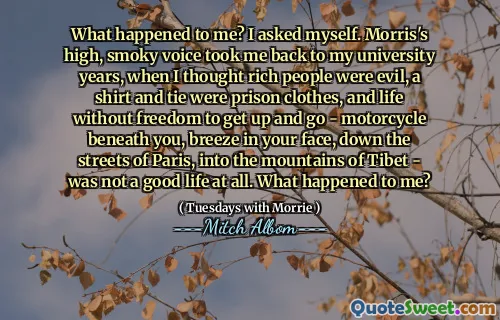They thought man was a creature of rapacious self-interest, and yet they wanted him to be free- free, in essence, to contend, to engage in an umpired strife, to use property to get property.
In Richard Hofstadter's "The American Political Tradition and the Men Who Made It," he explores the paradox of American thought regarding human nature and freedom. The prevailing belief was that humans were driven by rampant self-interest, yet there was a strong desire for individuals to possess liberty. This freedom was envisioned as a chance to compete and participate in a regulated struggle, reflecting the tension between individual impulses and societal structure.
This dynamic highlights the American ideal of property ownership and its role in the pursuit of personal advancement. While acknowledging that people act out of self-interest, Hofstadter suggests that the acceptance of this reality led to a unique understanding of freedom, rooted in competition and a structured environment that allows for individual aspirations within a community framework.


